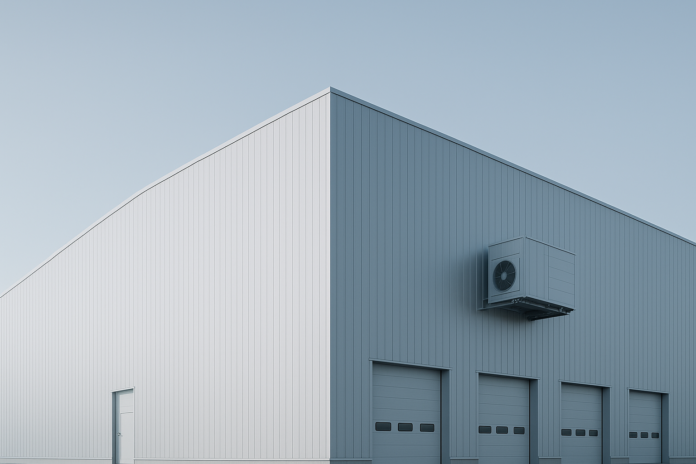
The biopharma industry is increasingly focusing on sustainability, driven by a global push towards eco-friendly practices. As environmental concerns rise, companies are urged to minimize their carbon footprint while maintaining efficiency. Emerging technologies play a critical role in transforming traditional systems into greener alternatives.
In recent years, the biopharma industry has recognized the need to adopt sustainable practices to meet growing environmental expectations. A significant component of this shift involves the cold storage warehouse, which is central to maintaining the integrity of temperature-sensitive products while reducing energy consumption. By integrating sustainable solutions, the industry not only addresses ecological concerns but also enhances operational efficiency.
Impact of greener practices on reefer shipping
The heavy reliance on refrigerated shipping, known as reefer shipping, within the biopharma sector ensures that perishable goods reach their destinations intact, but it often comes with a substantial carbon footprint. Greener practices have emerged as a solution, incorporating innovative technologies like solar-powered units and advanced insulation materials to mitigate environmental impact.
These advancements allow for maintaining product quality without compromising on sustainability goals. By adopting such measures, companies can significantly reduce their energy consumption and greenhouse gas emissions. Furthermore, these technologies often result in cost savings over time due to lower energy requirements and improved efficiency.
Such initiatives are crucial not only for compliance with regulatory standards but also for aligning with global sustainability goals. Implementing these greener practices offers both immediate and long-term benefits to operations.
The role of sustainable cold chain systems
As a key player in maintaining product quality, sustainable cold chain systems are integral to biopharma supply chain strategy. These systems use cutting-edge technology to ensure that temperature-sensitive products remain within required conditions throughout transit and storage. By enhancing energy efficiency and utilizing renewable resources, they contribute significantly to reducing environmental impact.
Integrating such systems into operations can enhance the reliability of the supply chain while lowering overall energy consumption. Advanced monitoring solutions provide real-time data on temperature fluctuations, allowing for timely adjustments and prevention of potential losses.
Commitment to sustainability can also enhance brand reputation, attracting environmentally-conscious consumers and partners. As public awareness of climate change grows, businesses that prioritize eco-friendly solutions stand out in competitive markets.
Integrating cold storage warehouses for efficiency
A cold storage warehouse plays a vital role in optimizing container usage by ensuring that space is utilized effectively and products are kept at consistent temperatures. This integration not only enhances operational efficiency but also aligns with broader sustainability goals by minimizing waste and energy use.
Efficient use of these warehouses means better inventory management and reduced spoilage rates, leading to significant cost savings. Additionally, by employing modular building systems tailored for specific needs, adaptation to changing demands can occur without excessive resource expenditure.
Adopting such measures enables the streamlining of logistics processes and reduces unnecessary emissions associated with inefficient transportation methods. By focusing on sustainable infrastructure development, businesses contribute positively to global ecological efforts.





